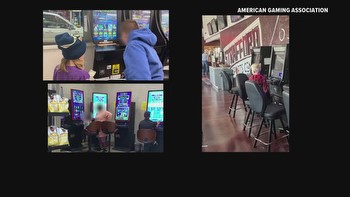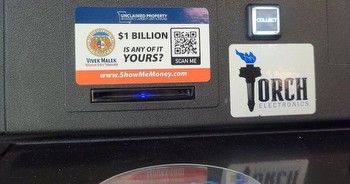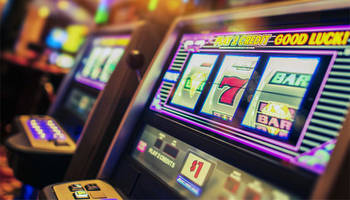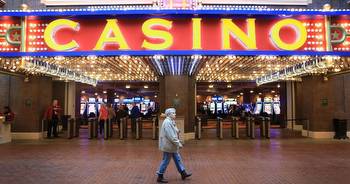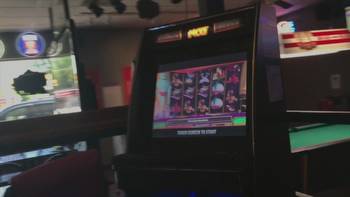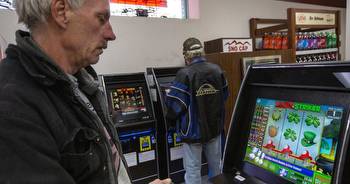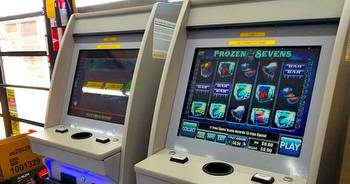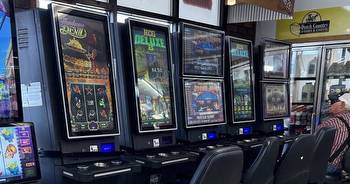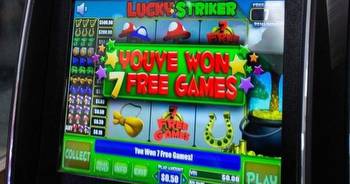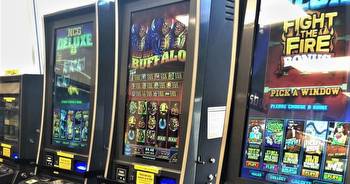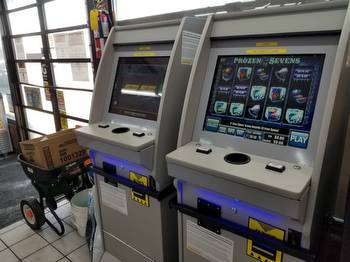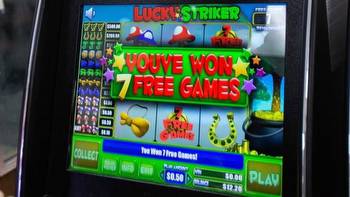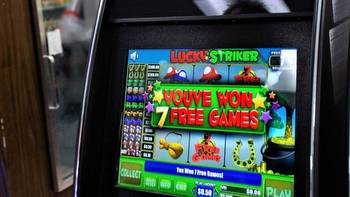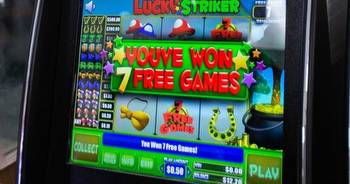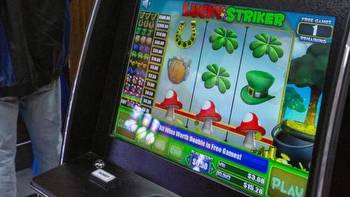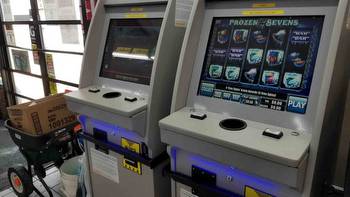Missouri court won’t rule on legality of gas-station slots
JEFFERSON CITY — The latest bid to clarify the legality of thousands of unregulated slot machines in Missouri is back to square one.
A state appeals court Tuesday rejected a request to weigh in on the devices that have been spreading across Missouri in recent years.
In a 13-page ruling, the Court of Appeals for the Western District affirmed Cole County Circuit Judge Daniel Green’s decision in October to dismiss a lawsuit by Torch Electronics LLC that sought to block the Missouri Highway Patrol from investigating whether the company’s machines are illegal.
In his decision, Green said Torch and Warrenton Oil Co. cannot use the civil court process to block the highway patrol from exercising its police powers.
The appeals court said the same.
“Missouri courts do not provide equitable relief that interferes with the enforcement of criminal law absent a challenge to the law’s constitutionality or validity,” wrote Appeals Court Judge Edward Ardini.
Torch had brought the suit in an effort to have a court declare the machines are legal and that playing them does not meet the legal definition of gambling.
The Wildwood-based company contends its machines, which look similar to slot machines at casinos but are not taxed or regulated, are for amusement purposes even though players can win money by playing them.
In response to Green’s decision, the Missouri Gaming Association, which represents the state’s 13 casinos, filed a counterclaim asking the courts to declare Torch’s gaming devices are illegal under the state constitution.
The casinos say they have made investments in their facilities, pay state and local taxes, and must comply with state regulators while companies like Torch are operating with no oversight.
Not only does Torch not pay into a fund for problem gambling, but there are few, if any, guardrails in place to stop minors from playing, the casinos said.
Torch is among the largest purveyors of unregulated slot machines in the state. Previous to the filing of Torch’s lawsuit, state and local police had been filing illegal gambling cases with prosecutors.
Those have virtually stopped pending the outcome of the case, resulting in an ongoing spread of gambling in the state.
Legislative attempts to control the machines have floundered for years because of intense lobbying by Torch, which is represented in the Capitol by former House Speaker Steve Tilley’s firm.
Attorney General Andrew Bailey withdrew his office from the case because Torch contributed money to his election campaign.
In April, however, Bailey filed a lawsuit against a different company he accused of operating an illegal casino in Dunklin County.
The alleged casino owned by T.J. Entertainment “is an illegal gaming house that has continually subjected the public to numerous harms. In recent months, this illegal casino, which is surrounded by businesses, has been the site of two separate armed robberies, several weapons crimes and an assault.”
Torch also has worked to gain backing in the Capitol by assisting Treasurer Vivek Malek in promoting the state’s unclaimed property division on its machines.
That maneuver was quickly rescinded by Malek after he weathered significant blowback from state lawmakers.
Torch attorney Chuck Hatfield said plans for an appeal are in flux.
“We are reviewing the decisions and considering our options,” he said.
The gaming association did not immediately respond to requests for comment Tuesday.








